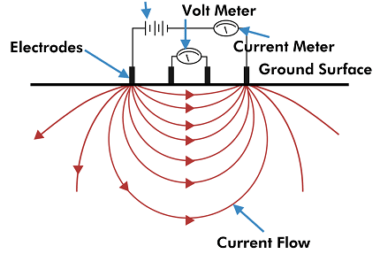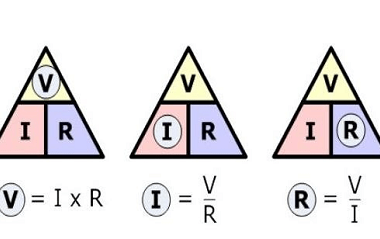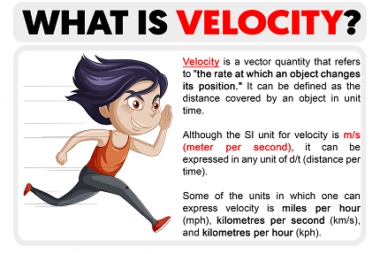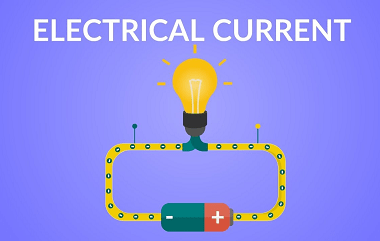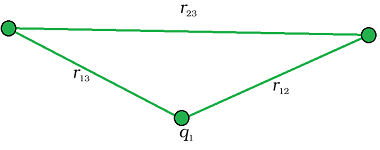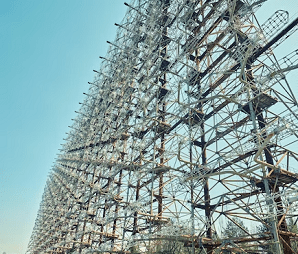Crash Course AIIMS-SYLLABUS Physics syllabus Electrical resistivity
Electrical resistivity The syllabus for Physics in AIIMS (All India Institute of Medical Sciences) entrance exams may vary from year to year, and my knowledge cutoff is in September 2021. However, I can provide you with some general information about electrical resistivity, which is a topic covered in the physics curriculum. Electrical resistivity is a…
